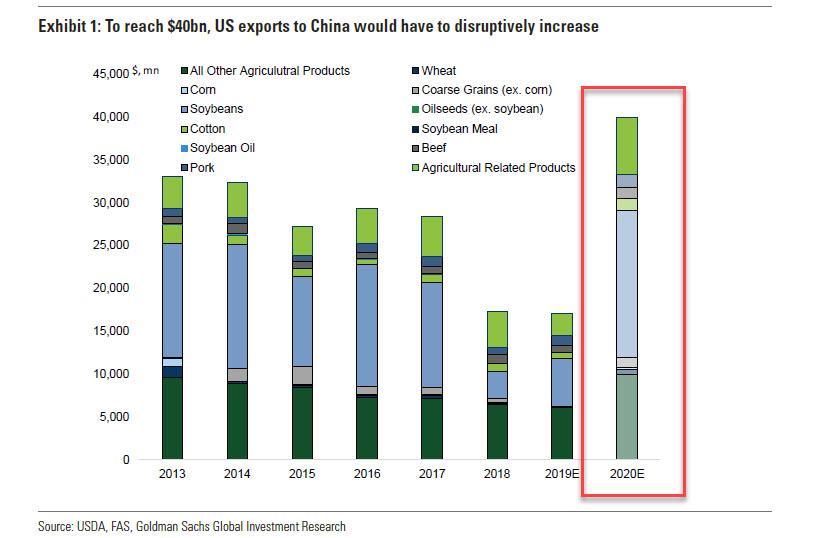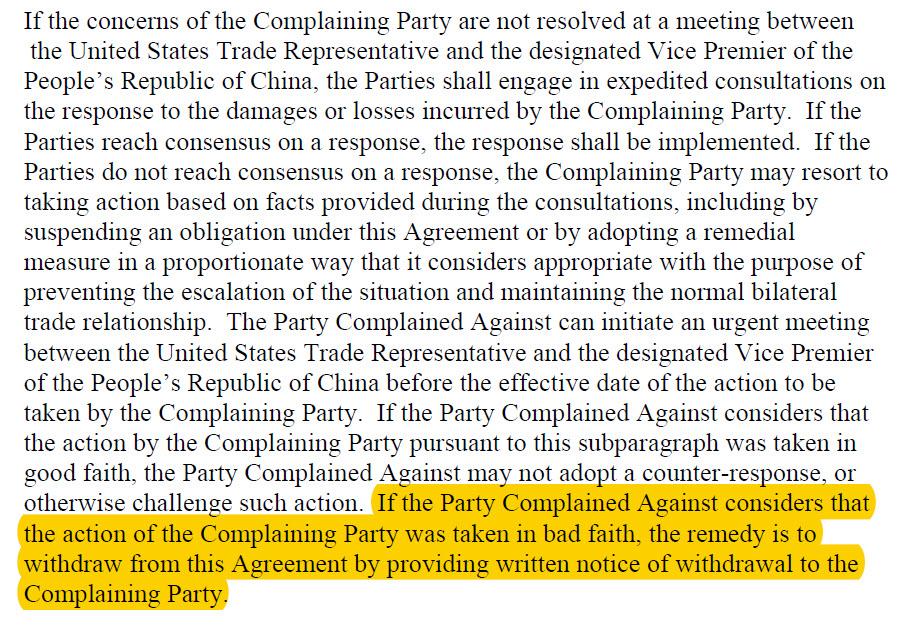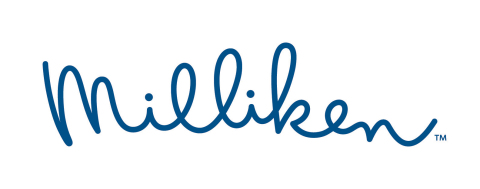At approximately 8:10 p.m. on January 5, 2020 a spill/release of a potentially hazardous substance was reported to the Wetzel County 911.
Emergency Responders were immediately dispatched to cordon off the area and direct traffic.The material was later determined to be TDI or Toluene Diisocyanate.
Precautionary evacuation of the four residences that live in the immediate area did take place, and approximately eight persons were evacuated.
Article Photos

First Responder vehicles line the roadway near the Marshall/Wetzel Line while working to clean up a hazardous material spill.
Rt 2 was closed along with railroad traffic and barge traffic on the river. Clean-up crews from Specialized Professional Services, Inc (SPSI) Environmental were dispatched to the scene, they along with responders were able to mitigate the incident and remove the trailer from the roadway after removing the remainder of the chemical from the trailer.
Traffic along Rt 2. was detoured for approximately 10 hours and around 6am on January 6, 2020 residents were allowed to return to their homes and the roadway was opened to one lane to allow for the clean-up crew to finish the removal from the roadway after the chemical was deemed to not pose a hazard to the public. At this time rail traffic and barge traffic were resumed as well. SPSI crew are expected to remain in the area till Friday for the clean-up efforts
There were no injuries reported to residents or responders due to this incident.
Responding to the scene were agencies from New Martinsville Fire Department, Paden City Fire Department, Washington Lands Fire Department, Moundsville Fire Department, Wetzel County EMS, Wetzel County Office of Emergency Management, Marshal County Emergency Management, Tyler County Emergency Management, West Virginia State Police, Marshal County Sheriff’s Office, New Martinsville Police Department, West Virginia Regional Response Team, West Virginia DEP, and crews from both Covestro and Westlake Chemicals.
It was reported that the leak occurred when a tractor trailer truck which left the Covestro Plant Sunday night resulted in the cab separating from the tanker, causing the corrosive chemical TDI to spill onto the road and into Dry Run.
First responders along with the West Virginia Emergency Response Team worked throughout the night to stop the chemical from flowing from Dry Ridge into the Ohio River, finally getting the situation under control allowing the road to reopen.
http://www.tylerstarnews.com/page/content.detail/id/564278/Hazardous-Material-Spill-Closes-Rt–2.html





